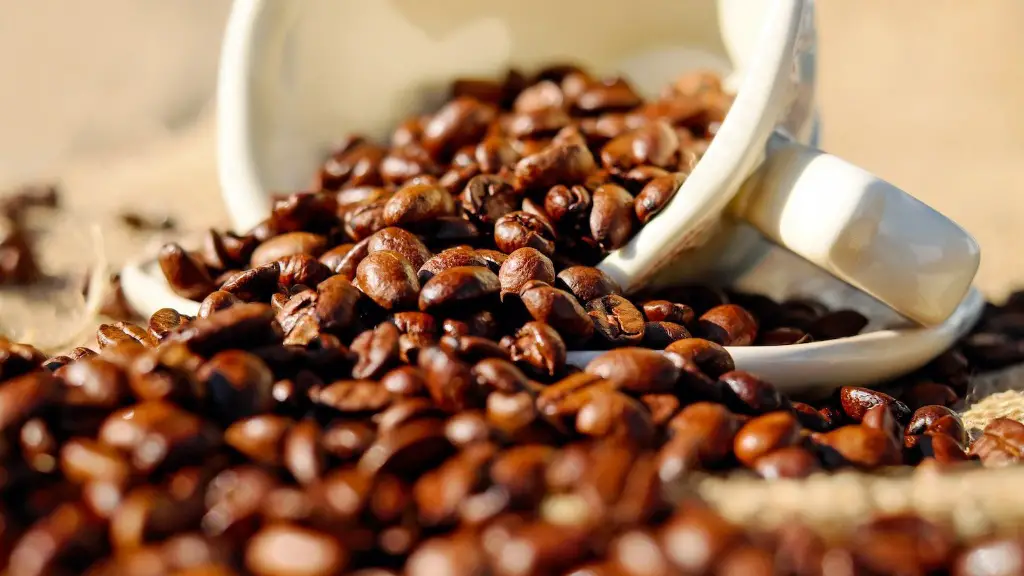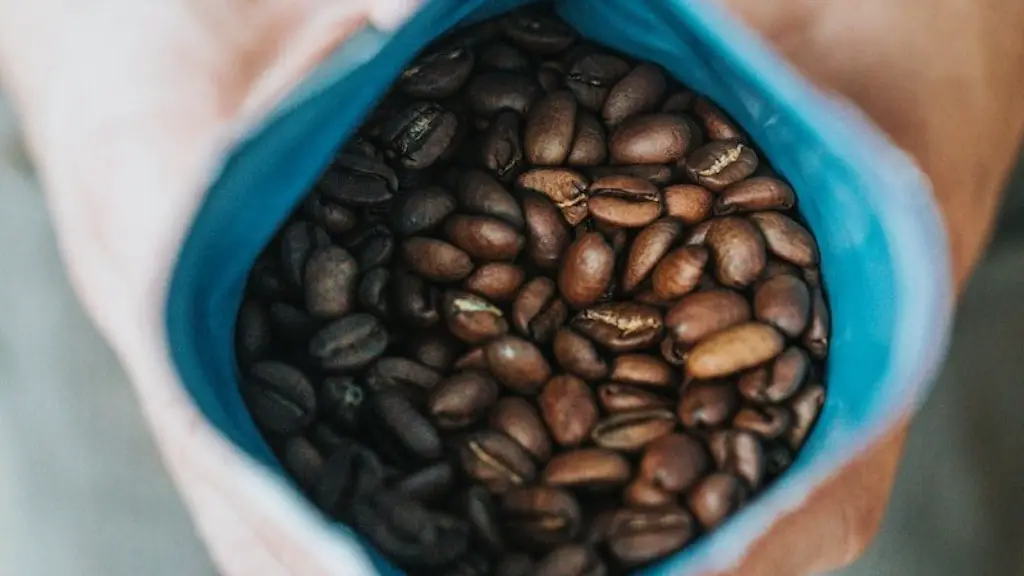Considering caffeine intake while pregnant?
Every expecting mom worries about the effect of caffeine on their unborn baby, as these concerns are normal and inevitable. So, can a woman drink a cup of coffee while pregnant? Recent research has revealed that small amounts of caffeine does not disturb the fetus and is not linked to most pregnancy hazards.
However, the recent research on caffeine is quite scattered and incomplete, given that most of the results revolve around the impact that high doses of caffeine can have. Therefore, even though small amounts are okay, it is best that women should not consume excessive amounts of caffeine during pregnancy and must also steer away from other caffeine-containing sources such as chocolate, cold drinks and certain snack items, as research reveals that these can create hazards in the developing baby.
The impact of caffeine on a baby
Drinking coffee while pregnant can affect the environment the baby inhabits, disturbing the blood flow, while it can also have an effect on the physiological development of the baby. In some cases, heavy caffeine consumption may lead to stillbirths and other complications, however these cases are rare.
At the same time, it is important to note that studies on the effects of caffeine on babies are quite hard to organize or pay attention to due to the conflicting results. Despite this, research results have revealed that consuming more than 300mg of caffeine per day, in any form, can raise the risk of miscarriage. This is why most of the experts recommend pregnant women to limit their caffeine intake to less than 200mg per day, while they should avoid consuming more than 150-200mg per day.
At the same time, it is important to note that caffeine directly affects the developing baby by triggering a spike in the mother’s blood pressure. This sudden rise in blood pressure can lead to anticipatory responses in the baby which result in foetal movement and the restlessness of the mother.
Caffeine intake and its side effects
Excess of caffeine intake during pregnancy may lead to poor growth of a baby in uterus, which can result in low birth weight of the baby. It can also cause Type II Diabetes in which the glucose levels in the mother’s blood are higher than the normal level. Studies have indicated the presence of caffeine in the amniotic sac, however it is unclear to what extent caffeine intake affects the placenta and the baby.
Excessive consumption of caffeine may also lead to high levels of anxiety in expecting mothers. It can also have an effect on the sleeping habit of an expecting mother, while can also cause insomnia in some cases. Furthermore, research results have indicated that caffeine consumption can increase the risk of high-blood pressure and even lead to malformations in the baby.
Tips on caffeine consumption while pregnant
While caffeine consumption during pregnancy has its own share of risks, most of the research reveals that an occasional cup of decaf coffee is not going to do any harm. However, pregnant women should still avoid consuming large amounts of caffeine, and if they feel the need to, must use recommended daily allowance of 200mg as a rule.
It is also important for pregnant women to educate themselves about different sources of caffeine. This includes many items, such as certain sodas, chocolates, tea and certain medications that contain large amounts of caffeine in them. Thus, it is important to understand which sources of caffeine should be avoided.
Coffee substitutes while pregnant
If a pregnant woman is trying to stay away from the consumption of coffee, then there are a few alternatives she can switch to. These include caffeine-free tea and decaffeinated coffee, though pregnant women should check the ingredients of the latter to see if it is safe for consumption.
Apart from this, expecting mothers can also substitute coffee with low-fat milk or almond/coconut milk, which offers certain amounts of nutrients. Herbal teas such as chamomile, ginger or peppermint are also great for providing relief from nausea, and are completely safe for expecting mothers. In addition to this, women can also switch to other healthier alternatives such as sparkling water or juiced fruits.
Looking out for signs of caffeine dependence
Though occasional consumption of coffee while pregnant is harmless, some women may need to look out for any signs of caffeine dependence. This includes headaches, fatigue and irritability, which is usually followed by a sudden surge in energy when consuming coffee.
Women trying to quit caffeine during pregnancy should reduce the amount of caffeine they consume gradually, so that their body can get used to the decreased levels. If a woman find it hard to reduce the amount of caffeine they consume, then they can try incorporating caffeine substitutes as mentioned above.
Looking for a safe caffeine alternative and intake
It is also important for a pregnant woman to remember that her doctor or healthcare provider should be informed whenever she is using caffeine substitutes. This helps the healthcare provider to understand the exact level of caffeine a woman is consuming and how her body is dealing with it.
Additionally, the expecting mother must keep in mind that certain alternatives to coffee may contain certain levels of caffeine that she needs to be aware of. This includes herbal teas and certain medications.
It is important for a woman to remember that her intake of caffeine has a direct implication on the developing baby’s health, which is why she needs to keep herself aware of the fact that even a single cup of coffee can raise the tolerance levels, leading to more frequent consumption of caffeine.
Is having caffeine okay during breastfeeding?
Many expecting mothers become worried about the safety of having caffeine during breastfeeding. According to research, it is considered safe for a breastfeeding mother to consume up to 200-300mg of caffeine per day, without worrying about its effect on the baby.
However, it is important to remember that since caffeine can become addictive, mothers who consume more than the allowed amount can find their children constantly demanding milk, while they may also become easily irritated. Additionally, research has linked high levels of caffeine consumption during breastfeeding with short-term sleep disturbances in babies.
Interference of caffeine during gestation
Women must also keep in mind that caffeine has the tendency to interfere with the absorption of certain nutrients in the body, such as iron and zinc, which can cause nutrient deficiency and can have an effect on the developing baby’s health. Therefore, women should not consume more than 200-300mg of caffeine during the gestation period.
Pros and cons of caffeine during pregnancy
When looking into the effects of caffeine on an expecting mother and the developing baby, it is important to keep in mind that caffeine does not only offer positive but also negative effects. Let’s look at a few of them:
- Pro: Caffeine doesn’t cause any major risks in a developing baby.
- Con: Studies have linked heavy caffeine consumption during pregnancy with miscarriages.
- Pro: Caffeine can provide relief from morning sickness and fatigue.
- Con: Caffeine can lead to strong dependency and make it hard for pregnant women to cut off entirely.
- Pro: Caffeine consumption can improve alertness, concentration and focus.
- Con: High doses of caffeine consumption while pregnant can lead to preterm labour.
Conclusion
In conclusion, although coffee consumption during pregnancy is safe if limited to 2-3 cups a day, it is important to note that caffeine based products should be consumed in moderation or avoided altogether, depending on the preference of each woman and her doctor’s advice. Women should also be specially careful about the caffeine containing items that they consume and keep in mind that certain substitutes for coffee may also contain a certain amount of caffeine that needs to be considered.
Taking earlier steps in cutting down on coffee or caffeine intake can help terminate any further effects and risks it may present, both during pregnancy and breastfeeding. Therefore, it is important to understand the risks and benefits of caffeine consumption and take the measurements that are needed to rule out any more issues during the gestational and lactation periods.




